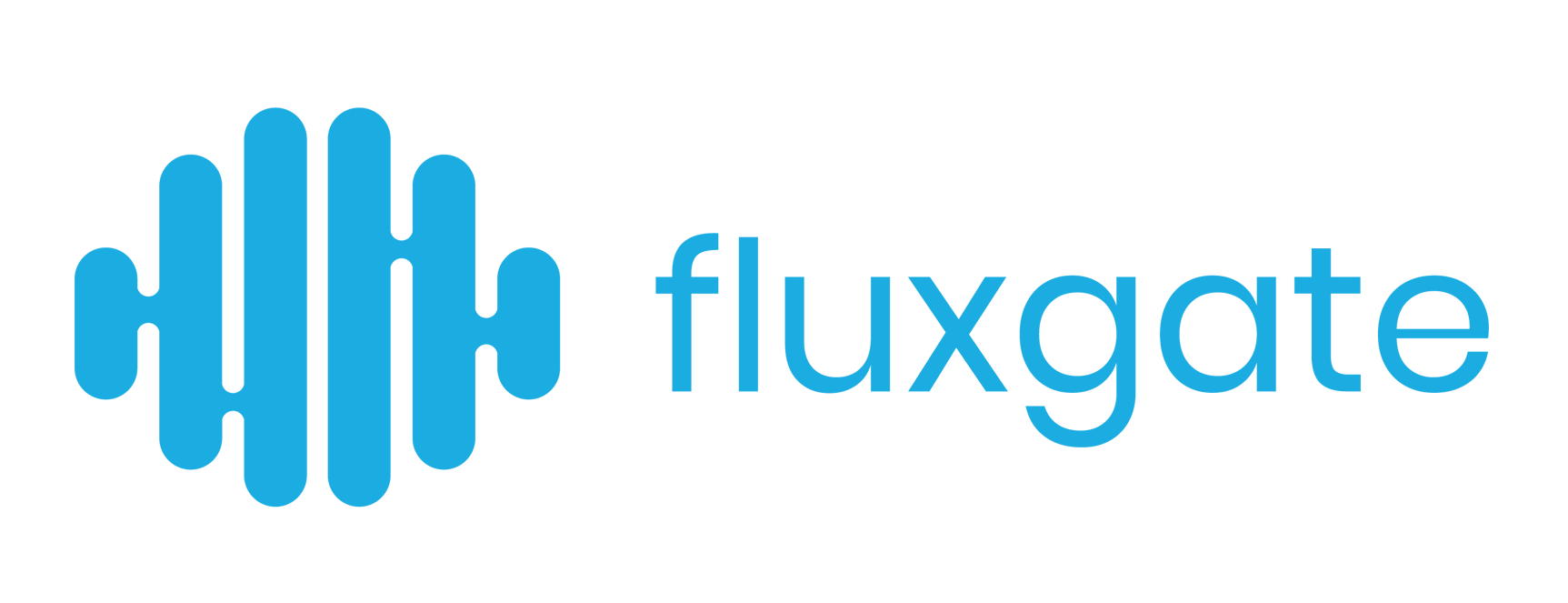As organisations grow, the complexity of managing data assets increases. This is where data governance tools come into play. These tools help enforce policies, ensure data quality, and facilitate compliance across departments. In today’s data-driven environment, selecting the right governance solution is crucial for maintaining data accuracy, integrity, and security. Here is a comprehensive guide to choosing and utilising the most effective tools for enterprise data governance.
What is a data governance tool?
Data governance tools are software solutions designed to implement information governance strategies by managing and enforcing data policies across an organisation. These tools form the technological foundation for effective information governance, enabling companies to maintain high-quality, secure, and compliant data through:
- Clear definition of data ownership and accountability
- Standardization of data processes and workflows
- Comprehensive metadata management and data lineage tracking
- Centralized data catalogues and access controls
As key enablers of information governance frameworks, these tools help organizations:
- Mitigate risks associated with poor data quality
- Ensure compliance with evolving regulatory requirements
- Enhance decision-making through reliable, well-managed information
- Bridge the gap between technical data management and business objectives
By implementing robust data governance tools as part of a broader information governance strategy, enterprises can transform their data into a strategic asset while maintaining the highest standards of data integrity and security.
How to choose the data governance tool
Cost
Cost plays a vital role in selecting data governance tools. Licensing costs, infrastructure requirements, ongoing support, and integration costs must be considered. Some tools offer pricing structures that vary based on usage or features, while others may require custom quotes. It is essential to strike a balance between affordability and feature depth, ensuring that the tool can scale with your organisation without incurring hidden costs.
Data ownership and stewardship
A good data governance tool should support a clear data ownership and management model. This defines who is responsible for data quality, compliance, and data usage across departments. The tool should ensure accountability and consistent enforcement of policy. Additionally, it facilitates collaboration among data owners, data managers, and data users.
Ease of use
The ease of use of data governance tools can influence their adoption rate and effectiveness. Tools with intuitive interfaces, guided workflows, and minimal learning curves help organisations implement governance policies more quickly. Features such as drag-and-drop capabilities, built-in templates, and contextual help also contribute to ease of use. User-friendly tools support wider adoption among both technical and non-technical users.
Data alignment
Data governance tools must align with your organisation’s data strategy. This means supporting business objectives, compliance requirements, and data integration plans. Tools that integrate well with existing data sources, applications, and cloud platforms will ensure consistency and accessibility throughout the data lifecycle. Alignment also ensures that your governance practices remain relevant in the future.
Centralised management
Centralised control is essential for effective governance. The tool should provide a platform for managing metadata, policies, access controls, and workflows. Centralised dashboards and reporting help track data provenance, monitor policy compliance, and audit data usage. This approach enhances consistency, minimises redundancy, and streamlines governance operations.
Technical proficiency
Depending on your team’s technical expertise, the level of complexity of the tools used is fundamental. Some tools are designed for data engineers and require programming knowledge, while others are designed for business users. Therefore, evaluate your team’s capabilities first and choose tools that match their skills. Look for platforms that offer flexibility for both technical and non-technical users.
20 Best Data Governance Tools
There are numerous data governance tools available, each with features that can be tailored to meet your specific needs.
1. Alation Data Governance
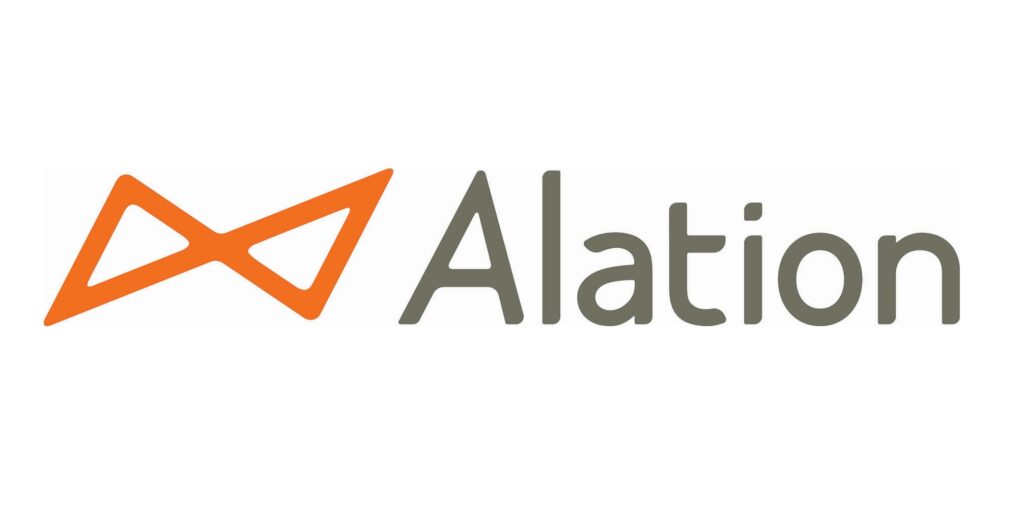
Alation initially offered a data catalogue platform to help organisations inventory and provide access to their data. Then, in 2021, Alation Data Catalogue launched a companion data governance tool. Both are now part of the Alation Data Intelligence Platform, which is a broader suite of software that includes data traceability applications and other related tools.
Alation Data Governance is designed to simplify the process of providing secure access to reliable data within IT systems, including those in hybrid cloud and multi-cloud environments. Its Policy Centre feature can be used to create data governance policies and view how those policies align with specific data assets. The tool also includes a data stewardship workbench that provides automated data curation functions, utilising AI and machine learning to identify potential data stewards based on their data usage.
In addition, Alation Data Governance offers features such as support for creating and configuring data governance workflows without requiring programming, dashboards that enable data governance program leaders to monitor progress, and Trust Flags to highlight trusted data with links to relevant governance policies.
2. Collibra Data Governance
Collibra aims to help organisations provide reliable data to themselves and other end users through Collibra Data Governance, which is part of the Collibra Data Intelligence platform. According to the company, this data governance tool can be used to implement governance workflows and processes, create a common language for data assets, and facilitate the search and understanding of relevant data.
The tool includes a business dictionary for defining and managing business terms, as well as a data dictionary for documenting metadata. In addition, the tool also offers reference data management capabilities through the Policy Manager application, which supports centralised management of data policies and standards, and an Assessments module for analysing potential privacy risks associated with the use of personal data in business processes.
Furthermore, Collibra Data Governance provides features such as the ability to assign data access rights to users based on their roles and responsibilities, automated incident workflows to identify, manage, and resolve data issues, and integration with the Collibra Data Catalog, data traceability tools, data quality tools, and its Data Helpdesk application.
3. Domo
Domo is an end-to-end data management platform that offers data integration, transformation, visualisation, and advanced analytics capabilities. This package enables raw data connections to actionable insights. Because the platform supports every aspect of data management, Domo is equipped with a robust data governance framework that is integrated into the platform.
The platform’s systematic approach to data governance is embedded in its architecture, providing organisations with the means to maintain data accuracy, protect security, and ensure compliance. Through centralised data management, customisable workflows, and real-time monitoring, Domo ensures meticulous data quality and integrity, facilitating seamless collaboration among stakeholders.
Domo’s data governance, combined with a suite of additional data management features, makes the platform ideal for teams that not only pursue data-driven insights but also tightly control their data governance.
4. Apache Atlas
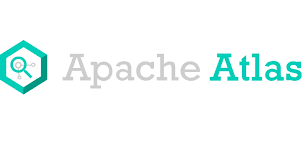
Apache Atlas is an open-source tool that requires internal technical expertise to implement. Apache Atlas is well-suited for large enterprises with experienced data teams that utilise the Hadoop ecosystem.
Suppose you have the internal team and infrastructure to support it. In that case, Apache Atlas is an effective data governance tool that allows you to build a comprehensive catalogue of your data assets and manage them efficiently. The platform offers features such as metadata management, advanced classification, data lineage reporting, easy search capabilities, and security controls. It also integrates with Apache Ranger for enhanced security and compliance.
5. SAP Master Data Governance (MDG)
If you are already using the SAP Business Technology Platform, Master Data Governance (MDG) is one of the tools you should consider when choosing a data governance tool. Some users report that the setup is somewhat complicated, but over time, it becomes easy to use, and the SAP team provides strong customer support.
MDG provides a single view of your data for consistent analysis and insights, helping prevent users from having to log into different data sources. The product also comes with features to help standardise your data definitions and business rules, implement data validation, and provide a complete audit trail of your data.
6. Axon
Axon is a data governance and cataloguing solution that helps organisations ensure data quality, compliance, and collaboration. Axon’s data governance approach includes features such as data quality management, compliance tracking, and detailed oversight of data assets.
7. Ataccama One
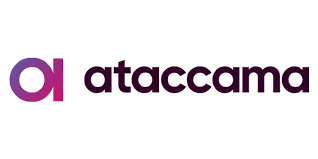
Ataccama One aims to be an all-in-one solution for an organisation’s entire data management needs by integrating data governance, data quality, master data management (MDM), and other functions into a single platform. This AI-powered software can be run in on-premises, cloud, and hybrid environments and is designed for use by data professionals. Additionally, the tool is designed for enterprise-scale implementation and use in highly regulated industries, featuring a complete audit history and role-based security.
8. OvalEdge
OvalEdge allows you to manage who can access various business data easily and comes with a business glossary to help you create a common language that facilitates collaboration across the organisation. The platform provides data governance features, such as data catalogues and data trails. In addition, users can search for data using natural language, collaborate with built-in tools, and stay informed about changes or anomalies in the data.
9. Erwin Data Intelligence by Quest
Erwin provides the data governance solutions businesses need to save valuable time and understand how data flows throughout the organisation. Their Data Catalogue enables the addition of metadata to all data assets, facilitating easy searchability, and features comprehensive data lineage tracking capabilities. They also have a data quality assessment system, so businesses can closely monitor the accuracy and completeness of their data.
An interesting feature of Erwin is the Data Marketplace, which gives an e-commerce feel to the data available within an organisation. This allows users to select the correct data for the task at hand.
10. IBM Cloud Pak for Data
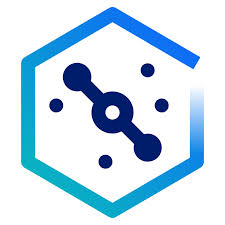
IBM Cloud Pak for Data is a comprehensive data and artificial intelligence (AI) platform that integrates data management, analytics, and machine learning capabilities. Its approach to data management includes data recording and compliance management, enabling organisations to manage data assets and ensure regulatory compliance.
11. Precisely: Data360 Govern
Data360 Govern is designed for organisations of all sizes that aim to improve their data governance and data quality. The product has all the features expected of a data governance tool, including a data catalogue that facilitates data search, a metrics and scoring system for data quality, and data governance features that enable businesses to assign ownership and accountability for different data assets.
12. Dataiku
Dataiku serves as an integrated AI and machine learning platform featuring data governance capabilities to ensure data quality, privacy, and regulatory compliance. Dataiku’s data governance strategy aligns data management with AI-driven insights.
Compared to other tools, Dataiku offers a robust set of data governance features that support the entire data lifecycle in your organisation. By combining AI capabilities, Dataiku can meet the needs of organisations seeking advanced analytics and rigorous data oversight.
13. Informatica Cloud Data Governance and Catalogue
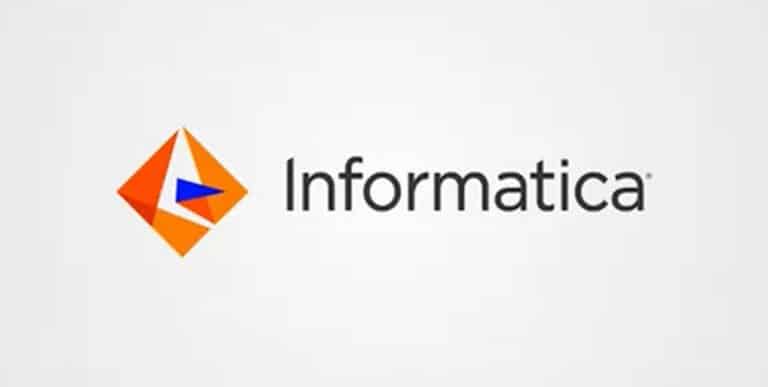
Cloud Data Governance and Catalogue is part of Informatica’s Intelligent Data Management Cloud platform. As the name suggests, it is a cloud service that combines data governance and data catalogue capabilities. The tool also features integrated data traceability, data quality, and data monitoring capabilities. It is designed to help organisations provide reliable data sets to end-users and data managers on an enterprise scale, involving large volumes of data.
The software’s governance features include automatic monitoring of data quality metrics and notifications of changes in quality levels, knowledge graphs that display relationships and connections between different data assets, and the ability to manage AI models to provide transparency into those models and their underlying algorithms, as well as help track their performance in applications.
14. OneTrust Data Governance
OneTrust offers data governance as a data security tool. The platform is designed to ensure the privacy, security, and integrity of business data, helping businesses reduce data-related risks. The features highlighted in OneTrust are more focused on security, including data classification, data retention and deletion policies, data access management, and protection of your data in the cloud.
Suppose you are looking for a data governance solution tailored to the regulations applicable in your region of operation, such as GDPR in Europe or CCPA in California. In that case, OneTrust provides customised settings and functionality to ensure compliance.
15. Talend Data Fabric
Talend Data Fabric includes a data catalogue that can automatically index, organise, and enrich metadata. The data inventory module supports metadata management and can identify data silos. It also provides information on the reliability of data through the Talend Trust Score, a core platform function that calculates a quick score on the reliability of a data set. Data management capabilities include team-based workflows for setting priorities and tracking projects, as well as data management monitoring functions.
Talend Data Fabric also features self-service data preparation and curation, which includes the ability to share prepared and curated datasets with other users. Additionally, it provides data traceability and compliance to support data privacy and regulatory compliance efforts, as well as role-based access control and workflow-based data curation to protect data from unauthorised use.
16. Oracle Enterprise Data Management

Oracle’s platform supports enterprise-wide data governance through centralised metadata, policy enforcement, and integration with Oracle Cloud. It helps businesses maintain consistent definitions and manage complex data relationships across departments.
17. SAS Data Management
SAS offers tools for data governance, integration, and quality. It supports metadata creation, lineage, and business rules management. Known for its strong analytics capabilities, SAS is ideal for data-driven organisations needing governance as part of a broader data strategy.
18. Rocket Data Intelligence
Rocket provides governance solutions for legacy systems, including mainframes. It offers automated data discovery, cataloguing, and lineage features. Rocket is a strong choice for enterprises modernising their legacy data infrastructure.
19. Semarchy Data Intelligence
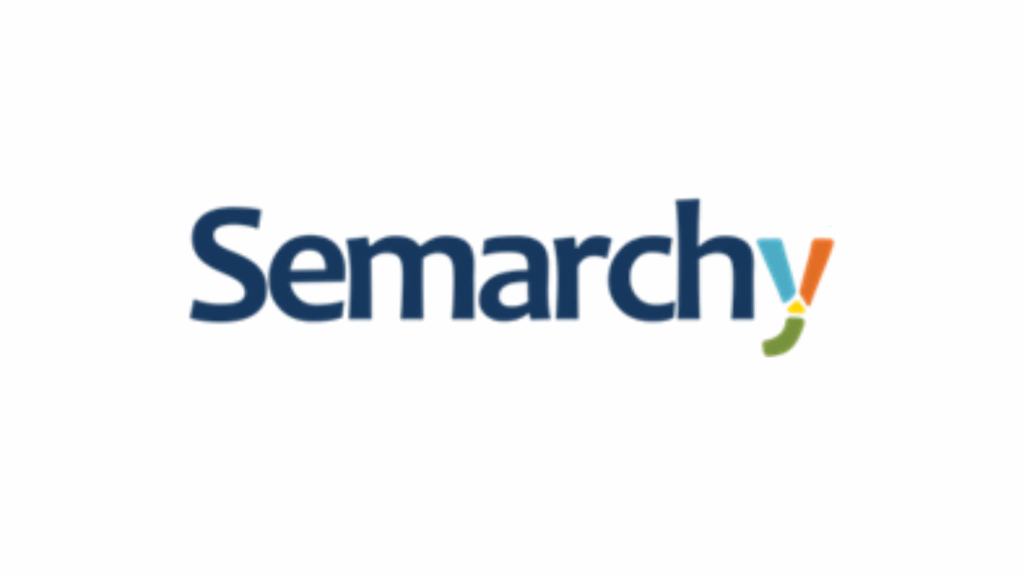
Semarchy enables unified data governance through its xDM platform. It supports data profiling, metadata management, and stewardship workflows. Semarchy is recognised for its flexibility, allowing businesses to tailor governance solutions to their specific needs.
20. Syniti Knowledge Platform
Syniti offers a data governance solution focused on data migration, quality, and compliance. Its platform includes AI-powered recommendations, policy automation, and robust data stewardship tools. Syniti is ideal for large enterprises undergoing digital transformation.
Frequently Asked Questions
What are the four pillars of data governance?
What are examples of data governance?
How to start data governance?
Conclusion
Data governance tools play a vital role in helping organisations manage and protect their most valuable asset: data. From ensuring compliance to enhancing data quality and fostering collaboration, the right tool can transform how businesses utilise information. Whether you’re a growing startup or an established enterprise, investing in the right solution will strengthen your data strategy and drive long-term success.
